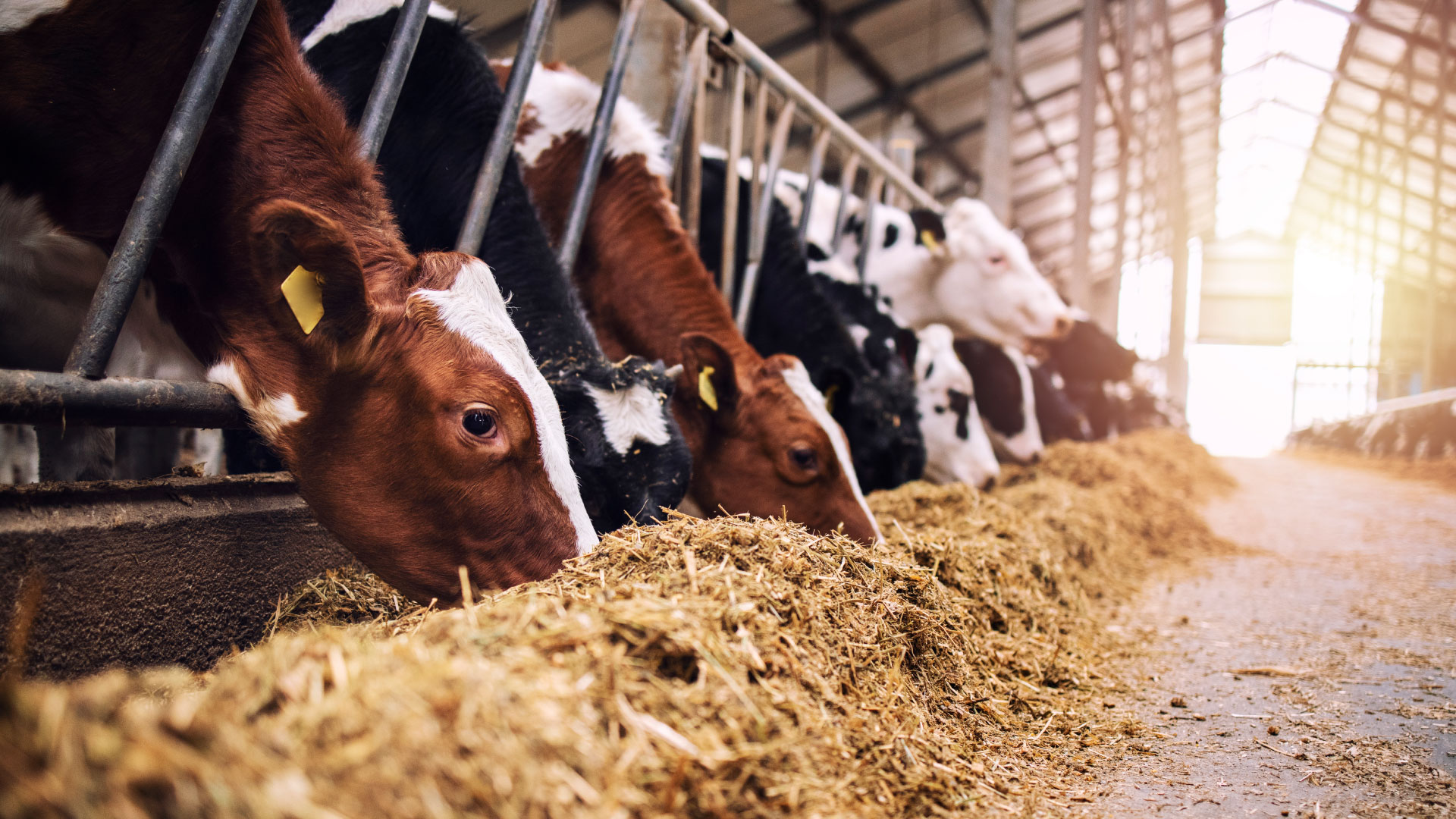In the livestock and agricultural industries, proper cleaning and hygiene measures play a critical role in mitigating the risk of biological contamination. Vehicles used for transporting animals, agricultural products, and organic materials such as sludge and slurry often serve as carriers for pathogens and contaminants that can easily spread between production sites. These contaminants compromise animal health, product quality, and environmental integrity. Without effective sanitization measures, the economic and health repercussions can be significant, with negative impacts reverberating throughout the entire agri-food supply chain.
Economic and health consequences of inadequate vehicle cleaning
The consequences of neglecting to sanitize agricultural and livestock transport vehicles should not be underestimated. Epidemiological studies show that the spread of infectious diseases among animals, frequently linked to hygiene deficiencies in transportation, leads to severe economic losses for breeders.
These costs extend beyond direct expenses related to treating infected animals, encompassing lost productivity and potential marketing bans on contaminated products. In addition, failure to comply with hygienic regulations results in substantial administrative penalties, further escalating operational costs for livestock businesses.
Why vehicle washing is essential in the livestock industry
In livestock operations, transporting organic materials, sludge, and slurry constitutes a significant risk factor for biological contamination. Vehicles moving among different farms and agricultural facilities act as vectors for pathogens, parasites, and organic residues. Without proper removal, these contaminants undermine biosecurity standards.
The European Union has issued stringent regulations governing the sanitization of vehicles used to transport animals and agricultural products, aiming to ensure food chain safety and reduce the risk of pathogen spread. Compliance with these regulations is not only a legal obligation but also a moral imperative to protect public health and the environment.
How a washing system can prevent contamination
WashWeighBridge® offers an advanced solution for tackling the issue of biological contamination in agricultural and livestock settings. Equipped with cutting-edge technologies, it effectively removes organic residues, sludge, and other contaminants, ensuring optimal hygiene for vehicles. Features such as a sedimentation tank for managing contaminated waste and a closed-loop system for water recycling make WashWeighBridge® both ecologically sustainable and highly efficient.
- Sedimentation Tank: Facilitates the safe separation and collection of residues.
- Closed-Loop System: Minimizes water consumption, significantly reducing environmental impact.
Adopting WashWeighBridge® helps maintain high biosecurity standards, preventing the spread of contaminants and enhancing food chain safety. Moreover, the system’s flexibility allows for tailored customization to meet the specific requirements of each farming operation, ensuring effective solutions for a wide range of scenarios.
Practical benefits for producers and operators
Implementing a washing system like WashWeighBridge® provides numerous practical advantages for livestock producers and agricultural operators:
- Reduced Costs Linked to Penalties and Medical Interventions: Preventing biological contamination greatly diminishes the risk of animal diseases, reducing the need for veterinary interventions. Compliance with current regulations also avoids fines and administrative penalties, ultimately improving the economic sustainability of livestock operations.
- Enhanced Food Chain Safety: Ensuring that vehicles are kept clean significantly lowers the risk of contaminating agricultural and livestock products, benefiting overall food quality and bolstering consumer confidence. WashWeighBridge® contributes directly to maintaining stringent safety standards throughout the supply chain, from production to distribution.
How support can be provided
In the agricultural and livestock sectors, vehicle washing is indispensable for ensuring sanitary safety, operational efficiency, and environmental sustainability. WashWeighBridge® stands as a comprehensive, technologically advanced solution to the challenges posed by biological contamination, offering an efficient, sustainable, and adaptable washing system for any operational context.
Contact the WashWeighBridge® team today to learn how its washing system can be customized for any livestock or agricultural operation. Request a no-obligation quote to enhance operational safety and efficiency.


